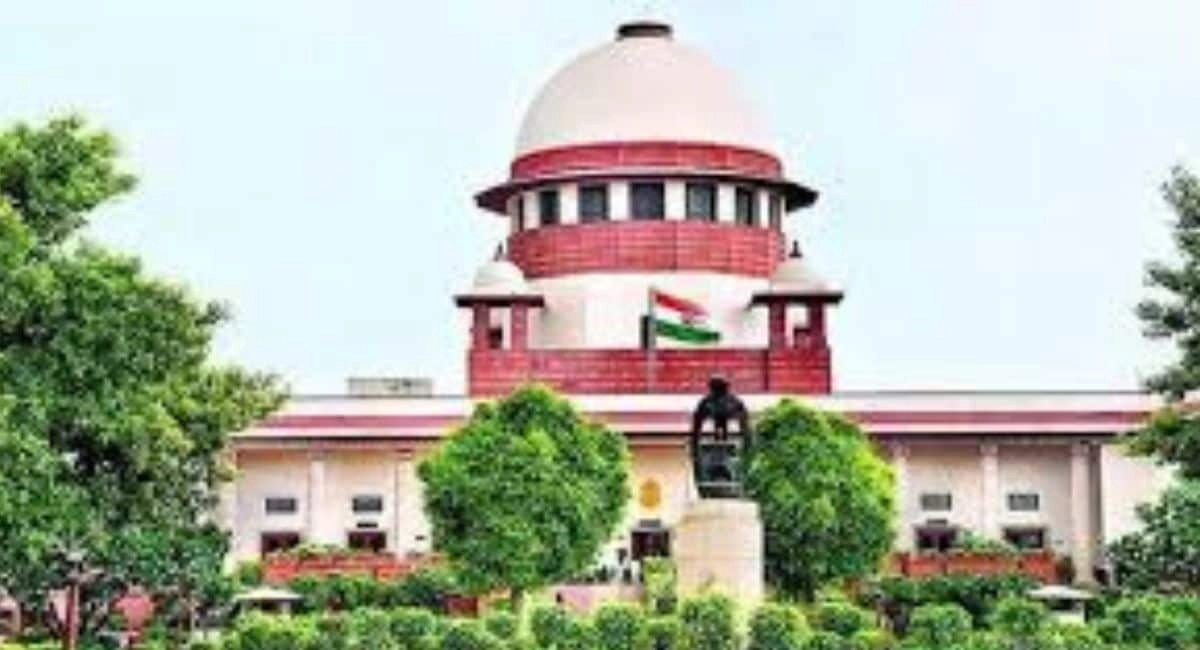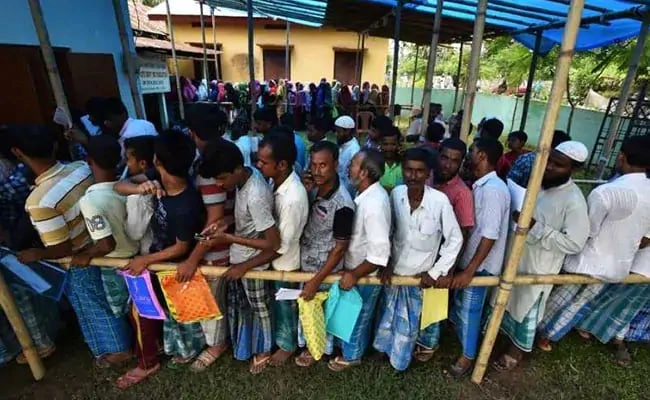The Supreme Court of India has granted permission to the state of Kerala to withdraw its petitions concerning the actions of the Governor related to the assent of various bills. This decision is significant as it underscores the ongoing tensions between state governments and the office of the Governor, particularly in politically charged environments. Kerala, governed by a coalition led by the Left Democratic Front, has experienced friction with the Governor over a range of legislative matters, including delays in granting assent to bills passed by the state legislature.
The legal tussle emerged as Kerala sought to challenge the Governor’s stance on several laws aimed at addressing pressing issues within the state. The petitions were part of a broader narrative wherein state governments have increasingly questioned the role of Governors, often seen as representatives of the central government. The Supreme Court’s ruling allows Kerala to retract its challenges, signaling a potential shift in strategy for the state government as it navigates its legislative agenda.
This development reflects a growing trend in Indian politics where state administrations are asserting their autonomy against perceived overreach by the central government and its appointed representatives. The relationship between state governments and Governors has been a contentious topic, especially in states where political ideologies diverge from those of the ruling party at the national level. The Supreme Court’s intervention, while allowing Kerala to withdraw its pleas, also implicitly highlights the need for clearer guidelines regarding the powers and responsibilities of Governors in the legislative process.
Overall, this ruling may pave the way for more constructive dialogue between state governments and the Governor’s office, fostering an environment where legislative matters can be addressed more effectively. As Kerala navigates its political landscape, the implications of this decision could resonate beyond its borders, influencing how other states engage with their Governors and the central authority in the future.




